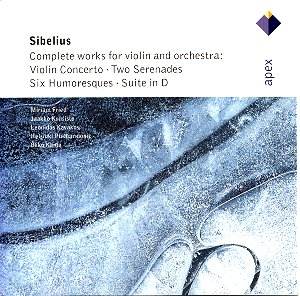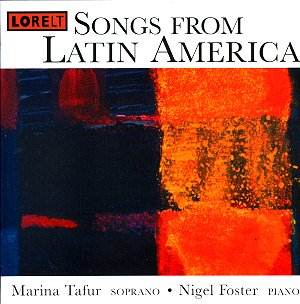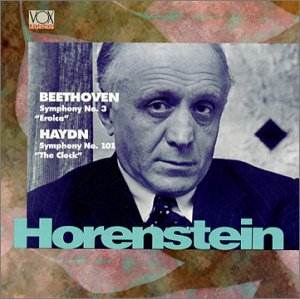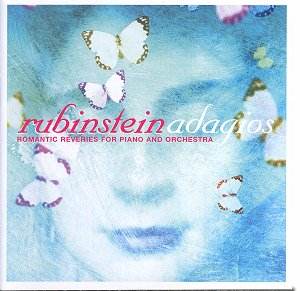 Composer: Sir Hubert Parry (1848-1918), William Byrd (1543-1623), Felix Mendelssohn Bartholdy (1809-1847), Johann Sebastian Bach (1685-1750), Sir William Walton (1902-1983), Thomas Weelkes (ca 1574-1623), Thomas Tallis (1505-1585), Richard Shepherd (b 1949), Sir Charles Stanford (1852-1924), Henry Walford Davies (1869-1941), Herbert Howells (1892-1983), Claudio Monteverdi (1567-1643), Sir William Harris (1883-1947)
Composer: Sir Hubert Parry (1848-1918), William Byrd (1543-1623), Felix Mendelssohn Bartholdy (1809-1847), Johann Sebastian Bach (1685-1750), Sir William Walton (1902-1983), Thomas Weelkes (ca 1574-1623), Thomas Tallis (1505-1585), Richard Shepherd (b 1949), Sir Charles Stanford (1852-1924), Henry Walford Davies (1869-1941), Herbert Howells (1892-1983), Claudio Monteverdi (1567-1643), Sir William Harris (1883-1947)
Works: I was glad, Sing joyfully, Hear my prayer, Jesu, joy of man’s desiring, Set me as a seal upon thy heart, O Lord, grant the King a long life, If ye love me, And when the builders, Beati quorum via, Psalm 121, Like as the hart, Salvator mundi, O crux splendidor, My soul, there is a country, Beatus vir, Bring us O Lord God
Performers: Salisbury Cathedral Choir directed by Richard Seal, David Hall / Thomas Blunt (organ)
Recording: Recorded in Salisbury Cathedral, 6 – 8 March 1996
Label: Metronome MET CD 1016
The “English Chorister’s Songbook” offers a rich tapestry of choral masterpieces, all performed by the esteemed Salisbury Cathedral Choir under the direction of Richard Seal. This collection spans several centuries, showcasing works from the likes of Byrd and Tallis to the more modern contributions of Shepherd and Harris. Each piece is a testament to the long tradition of English choral music, reflecting both sacred themes and the unique stylistic developments that have emerged throughout history.
Opening with Sir Hubert Parry’s “I was glad,” the recording sets a high bar, though the execution disappoints somewhat. The initial fanfare of the anthem, marked by its exuberant setting of the text, fails to resonate with the strength one anticipates. The balance of the choir is uneven, with the trebles struggling to project amidst overpowering individual voices, particularly the altos. This imbalance suggests an overzealous approach from the singers, who, in attempting to assert their presence, detract from the collective choral sound. The engineering choices may exacerbate this issue, as the microphone positioning seems to favor individual vocal lines over a cohesive group sound, a miscalculation in such a grand acoustic space as Salisbury Cathedral.
However, the performance quality improves as the programme unfolds. Herbert Howells’ “Like as the hart” merits particular praise for its serene lyricism, delivered with an appropriate blend of sensitivity and clarity. The two pieces by Thomas Tallis exhibit a commendable depth of expression, showcasing the choir’s ability to navigate the intricate counterpoint inherent in his compositions. Mendelssohn’s “Hear my prayer,” while not a personal favorite, features a commendable treble soloist—presumably the Head Chorister, Benjamin Dean—who handles the demanding lines with commendable poise and receives solid support from the ensemble.
Richard Shepherd’s “And when the builders” emerges as a refreshing highlight, its rhythmic buoyancy and exuberance capturing the spirit of the cathedral’s construction. The piece’s style resonates with echoes of Mathias and Walton, and the choir’s performance here is notably more relaxed, allowing their musicality to shine through. In stark contrast, the rendition of Stanford’s “Beati quorum via” suffers slightly from pitch inconsistencies, where the demanding long lines pose a challenge to the choir’s cohesion.
The disc culminates in a performance of Harris’s “Bring us, O Lord God,” a radiant anthem that demands utmost precision and expressiveness from a double choir. While the Salisbury singers provide a secure performance, they fall short of the ecstatic heights achieved by the finest interpretations. Nevertheless, they successfully navigate the complexities of the work, bringing the recording to a satisfying close.
While the programme offers a commendable selection of beloved choral works, it faces stiff competition in a crowded market. The recording captures a snapshot of the Salisbury choir in 1996, and while it provides an enjoyable listening experience, it ultimately lacks the refinement and distinction found in other available compilations. Those seeking a specific programme or a historical document of the Salisbury choir’s sound during this period may find value here, but for listeners in pursuit of the definitive performances of these choral masterpieces, there are more compelling alternatives.



